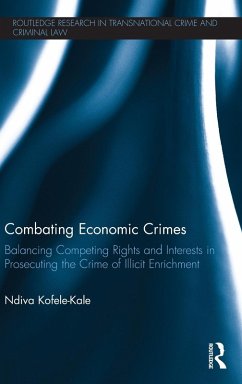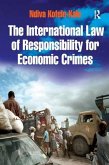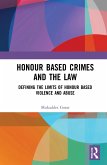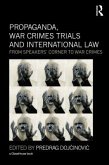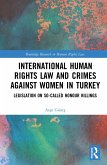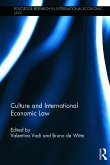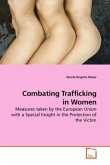In the last decade a new tool has been developed in the global war against official corruption through the introduction of the offense of "illicit enrichment" in almost every multilateral anti-corruption convention. Illicit enrichment is defined in these conventions to include a reverse burden clause which triggers an automatic presumption that any public official found in "possession of inexplicable wealth" must have acquired it illicitly. However, the reversal of the burden of proof clauses raises an important human rights issue because they conflict with the accused individual's right to be presumed innocent. Unfortunately, the recent spate of international legislation against official corruption provides no clear guidelines on how to proceed in balancing the right of the accused to be presumed innocent against the competing right of society to trace and recapture illicitly acquired national wealth. Combating Economic Crimes therefore sets out to address what has been left unanswered by these multilateral conventions, to wit, the level of burden of proof that should be placed on a public official who is accused of illicitly enriching himself from the resources of the State, balanced against the protection of legitimate community interests and expectations for a corruption-free society. The book explores the doctrinal foundations of the right to a presumption of innocence and reviews the basic due process protections afforded to all accused persons in criminal trials by treaty, customary international law, and municipal law. The book then goes on to propose a framework for balancing and 'situationalizing' competing human rights and public interests in situations involving possible official corruption.
Hinweis: Dieser Artikel kann nur an eine deutsche Lieferadresse ausgeliefert werden.
Hinweis: Dieser Artikel kann nur an eine deutsche Lieferadresse ausgeliefert werden.

